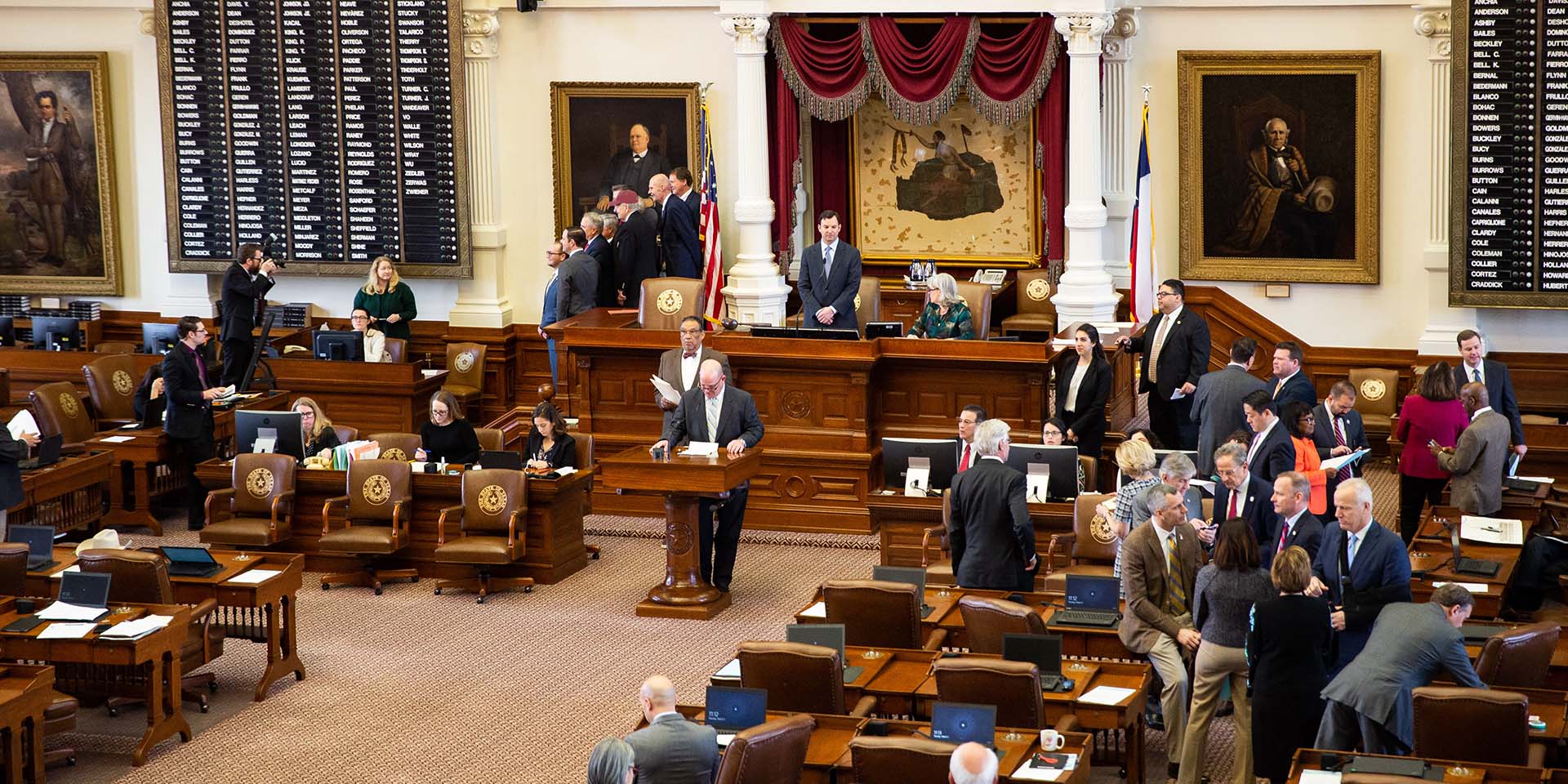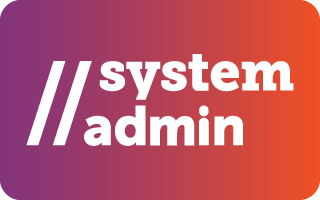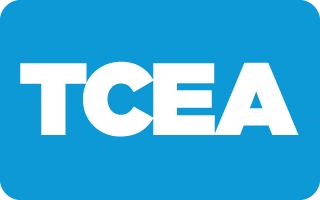Advocacy Guides and Toolkits

TCEA Legislative Strategy
for 2025-2027
TCEA is dedicated to advancing teaching and learning through the use of technology.
Executive Summary
Over the past decade, TCEA has steadily positioned itself as a leader in shaping education technology policy in Texas. From broadband access to cybersecurity, digital learning to instructional equity, TCEA’s legislative priorities have consistently championed practical, future-ready policy solutions. As we approach the 90th Texas Legislative Session, this strategy builds on TCEA’s long-standing commitment to empowering educators through technology and improving student outcomes through systemic innovation.
This strategy reaffirms those core values, outlines tangible legislative recommendations, and provides a roadmap for interim and session-based advocacy to ensure that TCEA’s members remain central to education policy decisions in Texas.
Legislative Priorities with Context, Recommendations, and Action Plans
I. Artificial Intelligence in Education
Context: In previous sessions, TCEA has advocated for thoughtful technology integration in classrooms. As AI tools grow more prevalent, it is imperative to ensure their ethical and effective use. AI brings opportunities for personalized learning, efficiency, and innovation—but also significant challenges around data privacy, bias, and academic integrity.
Legislative Recommendations: – Pass legislation directing TEA to convene a working group—including TCEA board members, staff, and educators—to develop guidance on responsible AI use in public education. – Charge working groups to monitor and evaluate districts piloting AI in instruction to develop necessary standards and best practices.
TCEA Interim Action Plan: – Host a roundtable with district CTOs and classroom educators on emerging AI use cases. – Develop and publish a TCEA position paper on AI principles in K–12. – Partner with higher education and industry stakeholders to co-author recommendations for AI integration in teacher preparation programs.
- Broadband Access and Digital Equity
Context: TCEA has long fought for equitable access to learning tools. From advocating for Instructional Materials and Technology Allotment (IMTA) expansion to promoting technology lending grants, TCEA’s broadband agenda has evolved with urgency—especially post-pandemic—as digital access remains uneven across Texas.
Legislative Recommendations: – Expand eligibility and increase funding for Texas broadband grants with priority for school infrastructure projects. – Enact legislation to streamline permitting and right-of-way access for school fiber installations, modeled on successful policies in Utah and North Carolina. – Mandate TEA update the statewide broadband coverage map with data on district-level student connectivity.
TCEA Interim Action Plan: – Conduct a statewide member survey on digital inequity barriers. – Support ESCs and school districts in submitting case studies to the Broadband Development Office. – Brief legislative offices on the impact of limited access on instructional outcomes.
III. Digital Learning and Educator Professional Development
Context: TCEA’s efforts during the 88th and 89th Legislatures helped spotlight the importance of technology applications in K–8 and digital fluency across the educator pipeline. TCEA has successfully lobbied for micro-credentials and instructional coaching support and continues to lead on blended learning policy.
Legislative Recommendations: – Appropriate dedicated funding to scale educator micro-credential programs related to digital instruction, as seen in Illinois’ Digital Learning Micro-Credentials initiative. – Remove statuary limit on the number of PD hours that can be claimed for technology based continuing education – Reinforce the implementation of K–8 Technology Applications TEKS with implementation grants and content support.
TCEA Interim Action Plan: – Leverage TCEA’s micro-credential programs in partnership with ESCs and higher education partners. – Draft and disseminate model legislation on micro-credential portability and credit equivalence. – Organize legislative briefings highlighting impact stories from TCEA educator leaders.
IV. High-Quality Virtual Learning
Context: In the wake of HB 3643 (87R) and TCEA’s persistent advocacy, Texas made strides toward preserving virtual learning as a permanent option. However, the policy landscape remains unstable. Districts need clarity, funding, and autonomy to provide full-time, high-quality virtual instruction as appropriate.
Legislative Recommendations: – Remove sunset provisions on full-time virtual learning in Texas Education Code. – Establish a grant program to support the development of local virtual academies. – Adopt Texas Virtual School Commission recommendations regarding teacher certification and course access, as mirrored in Florida’s Virtual Instruction Program.
TCEA Interim Action Plan: – Host a Virtual Learning Summit featuring national best practices. – Draft proposed language for a district autonomy bill. – Facilitate district-led testimony on the continued need for virtual flexibility in rural and medically necessary settings.
- Cybersecurity and Infrastructure
Context: Since 2021, TCEA has led efforts to secure greater investment in school cybersecurity. With IMTA and TEA-administered cybersecurity funds now established, further action is needed to ensure sustained protection for school networks and student data.
Legislative Recommendations: – Increase K–12 cybersecurity grant funding from $55 million to $100 million. – Require baseline cybersecurity training for all staff accessing sensitive student data. – Incentivize third-party audits and technical assessments of school networks. – Mirror Louisiana’s “State Cybersecurity Integration Act” to mandate district-level cyber incident reporting and recovery coordination.
TCEA Interim Action Plan: – Organize a joint legislative-TCEA cybersecurity briefing. – Establish a cybersecurity working group to propose updates to existing TEA guidance.
Conclusion
Rooted in decades of advocacy and informed by the evolving needs of digital educators, leaders, and learners, TCEA’s legislative strategy for the 90th Texas Legislature is narrowly focused on the most important issues facing the Texas public education community while still prioritizing access, equity, and progress. By focusing on actionable legislative goals, building coalitions, and mobilizing its powerful educator network, TCEA can lead the way in shaping Texas’ digital education future.


